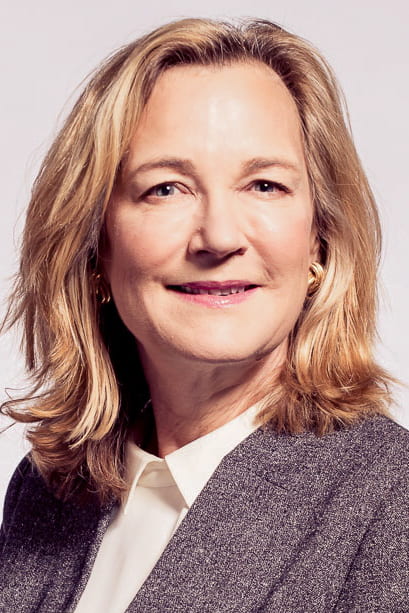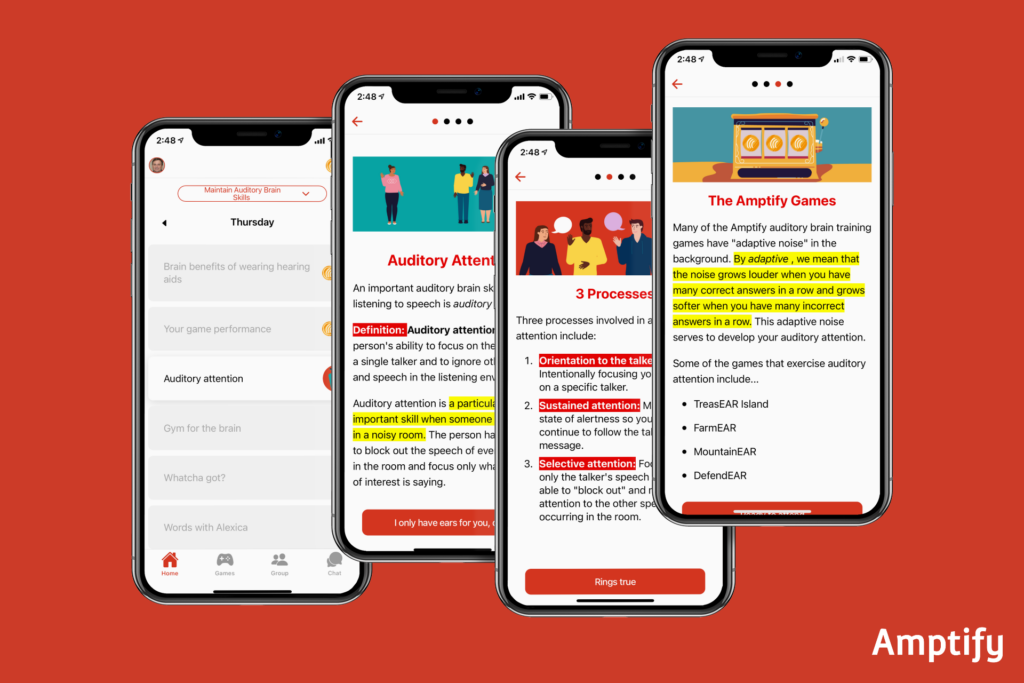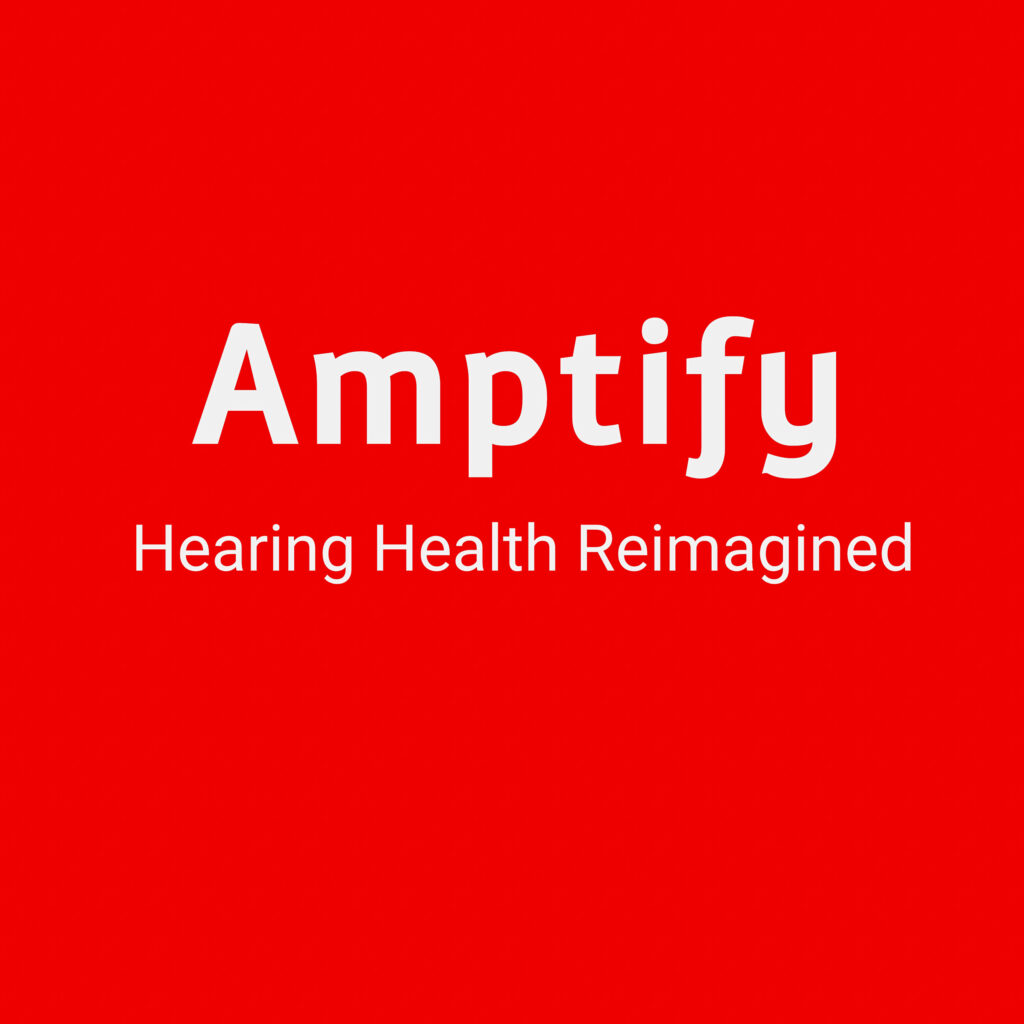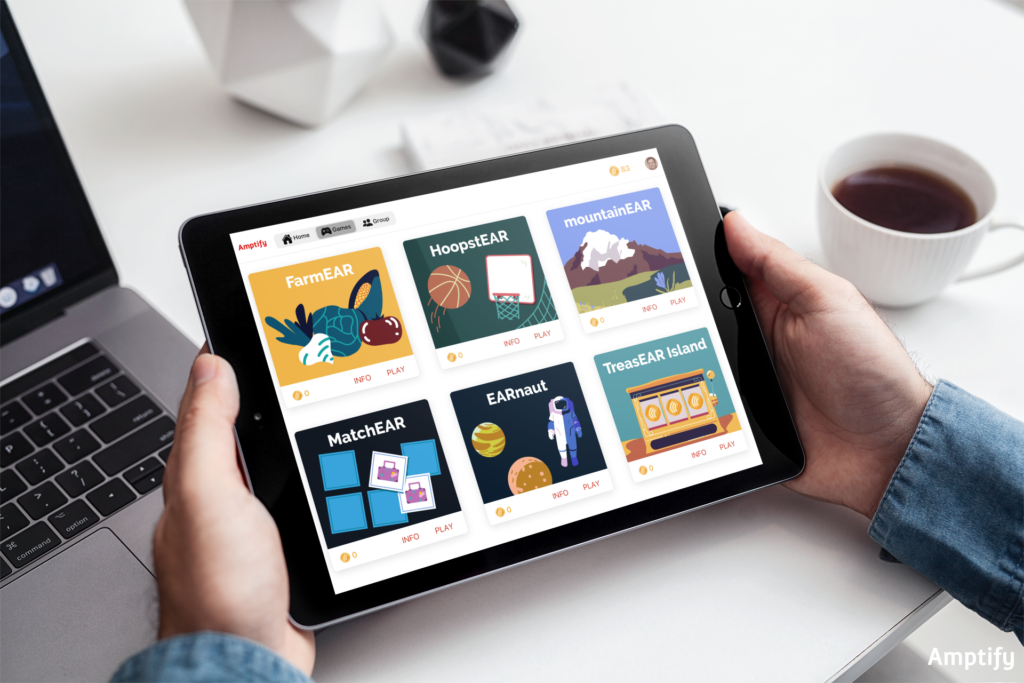
Hearing loss is the third most common health condition for older adults in the US, and if untreated, may lead to social isolation, depression, cognitive decline, and fear of being home alone. Sadly, over 48% of seniors who purchase hearing aids cannot adjust to them well enough to use them daily and 31% report never using them. Washington University Professor of Otolaryngology Nancy Tye-Murray, PhD, and her research team hope to change that.
According to Tye-Murray, there are a number of reasons older patients might dislike their hearing aids: they tend to amplify background noise; they make sound louder but not necessarily clearer; they are bothersome to use in terms of care and maintenance; and they can be uncomfortable in the ear.

Several years ago Tye-Murray and her team launched an online auditory brain training program called clEAR or Customized Learning Exercises for Aural Rehabilitation. The program provides auditory brain training or “listening therapy” for persons with hearing loss through computerized games.
The games help patients with hearing loss develop cognitive auditory skills that are not only necessary for understanding speech but also critical for recognizing speech more successfully, especially in the presence of background noise like you might find in a loud restaurant. The games can even be customized to use the actual voices of patients’ spouses, children or others with whom they regularly interact.
“Amptify is all about helping people with hearing loss take control of their listening challenges.”
Nancy Tye-Murray, PhD
A recent Small Business Innovation Research (SBIR) grant from the National Institutes of Health (NIH) has allowed the team to further study digital training to enhance the satisfaction and usage of hearing aids by older adults. This study measured the effectiveness of a novel, inclusive digital therapy for hearing health the team calls Amptify.
Study results showed that 50% of participants believed that the Amptify program helped them to acclimate to their new hearing aids.

“Amptify is all about helping people with hearing loss take control of their listening challenges,” explains Tye-Murray. “The auditory training games exercise listening and auditory cognitive skills while the daily interactive online curriculum provides information and strategies for managing hearing loss and minimizing its downstream effects, such as tinnitus and heightened risk of falling.”
From the Amptify website: “participants experience a merging of digital health and aural rehabilitation that supplements hearing instrument use and provides an innovative, scientifically-backed, and patient-proven therapy for hearing loss.”
The Amptify hearing healthcare program includes:
- Hearing Health Coach – Guidance from hearing healthcare professionals trained and certified to support and engage participants.
- Interactive Curriculum – Twelve to sixteen weeks of motivation, quizzes, strategies, real-life practice, and hearing loss education crafted to improve participants lives.
- Auditory Training – Video games designed to teach strong listening and cognitive skills through fun, interactive auditory training modules.
- Support Community – A managed peer-to-peer environment for participants to interact, receive support, and offer guidance.

According to Tye-Murray, the older clEAR training program is being revised for use exclusively by cochlear implant recipients. Amptify will be used by all other hearing impaired patients. Though only recently launched, the team is working hard to ensure global access for patients in need of this innovative digital therapy for aural rehabilitation.
The Amptify team includes Tye-Murray, WashU Research Scientist Brent Spehar, PhD, President and COO Chris Cardinal, Director of Hearing Health Coaching Anne Michele Puglisi, AuD, and a host of game/software developers, coaches and advisors.
For more information, visit the Amptify website or contact Dr. Tye-Murray at nmurray@wustl.edu.
